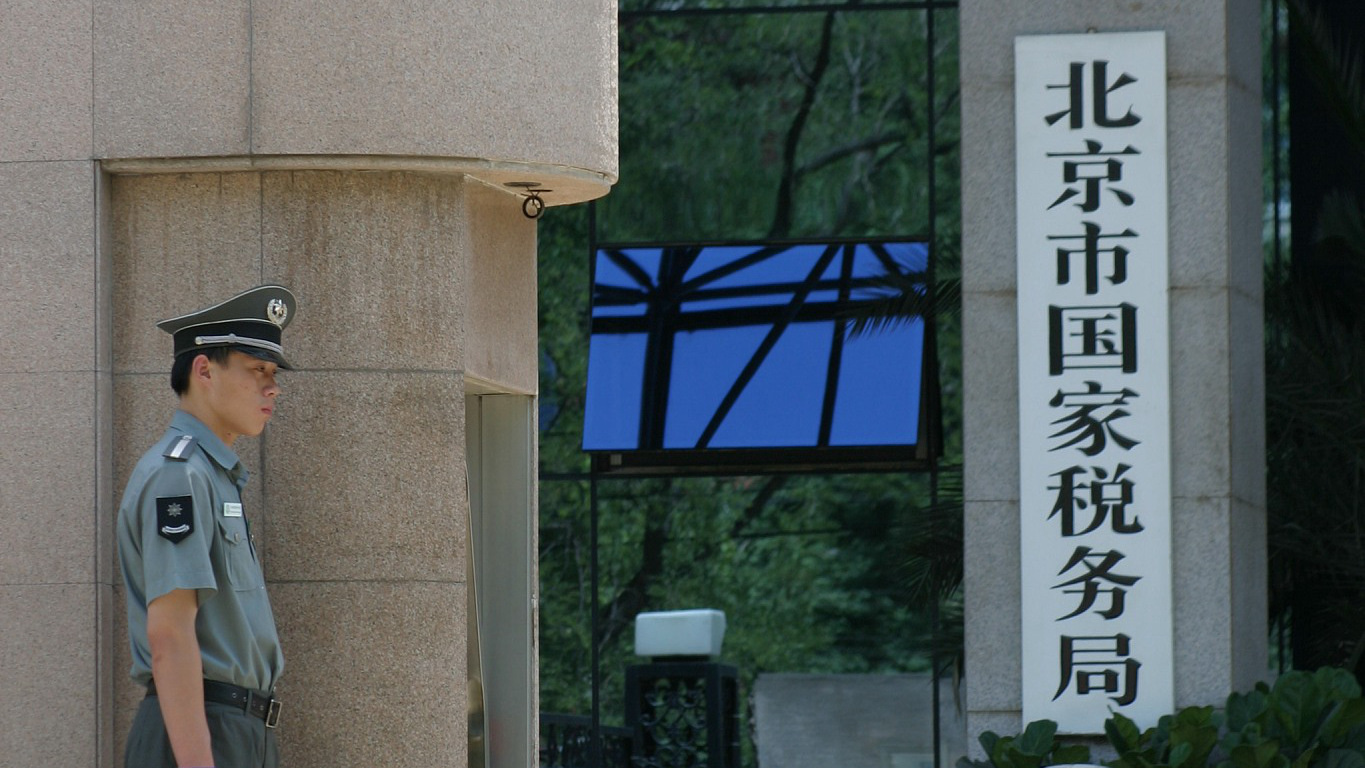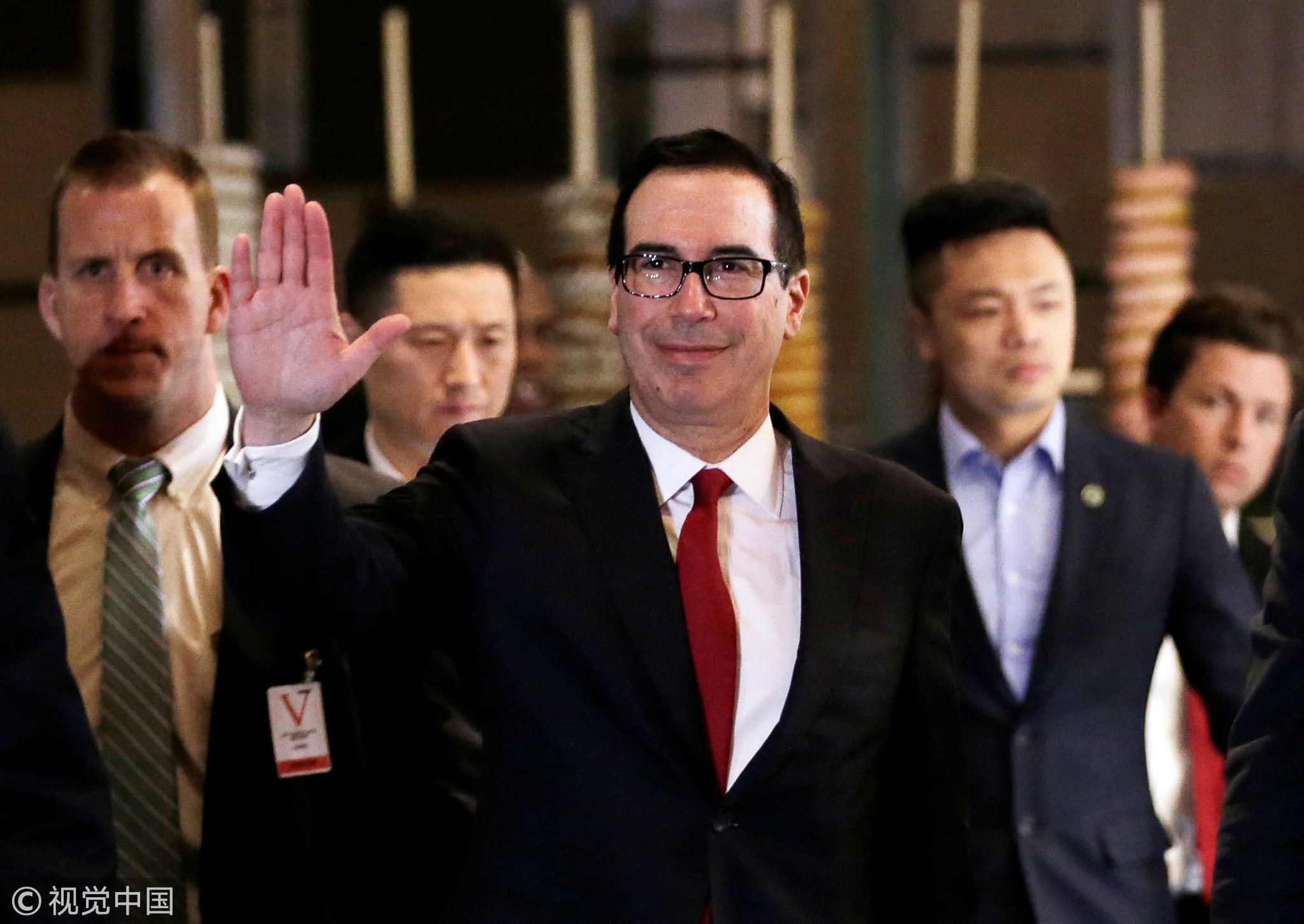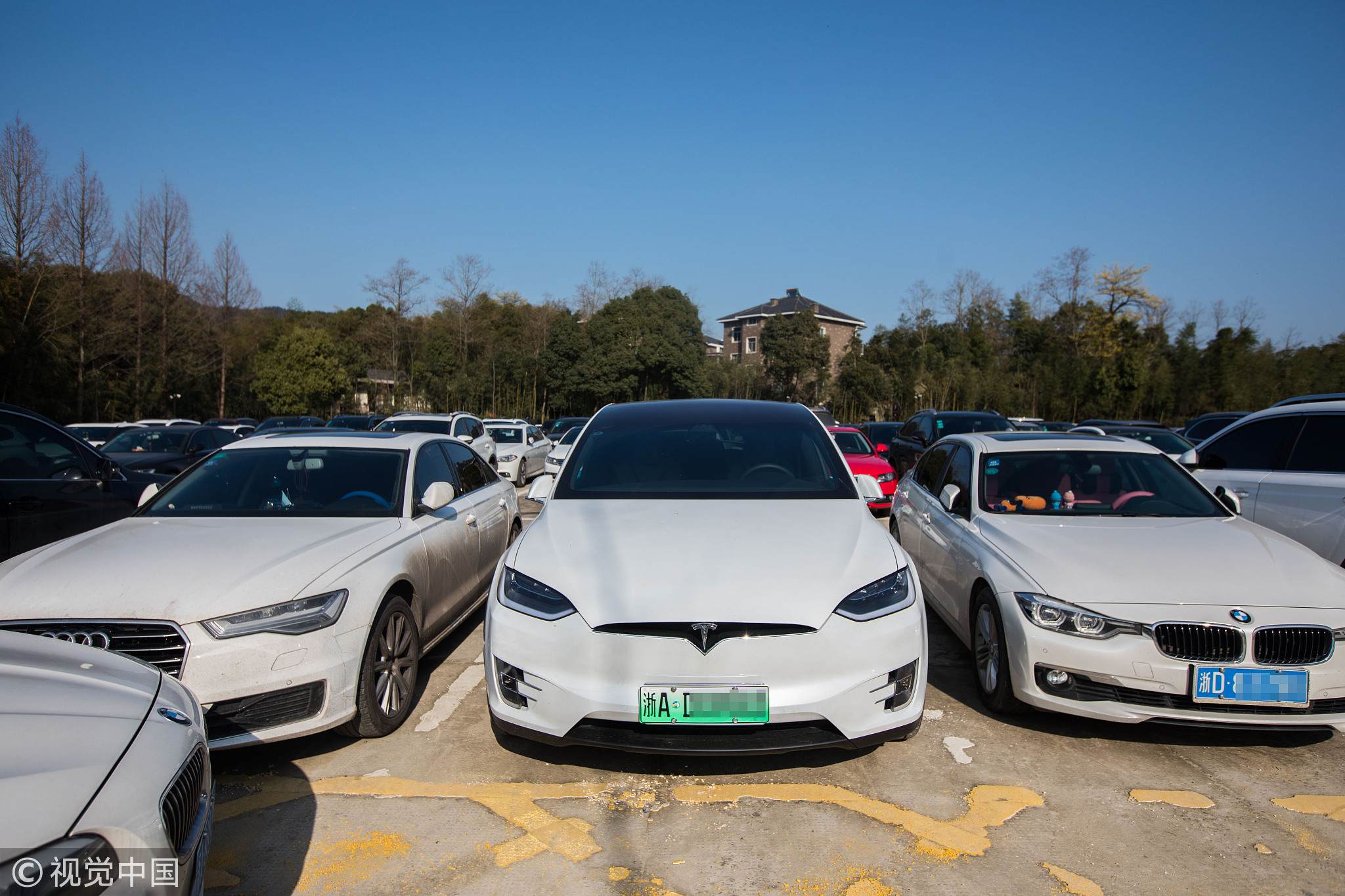
Opinions
16:19, 31-May-2018
Opinion: Imported commodity tariff reductions are in people's best interest
Sheng Yuhong

Editor's note: Sheng Yuhong is a commentator at CRIOnline. This article is translated from an opinion piece originally published in Chinese of CRI.
The State Council of China announced a decision to reduce commodity tariffs to better satisfy the diversified needs of domestic citizens on Wednesday, one day after an unexpected declaration by the US that it was reviving tariff impositions on imported goods from China worth 50 billion US dollars.
With a new round of China-US trade talks coming up, it's intriguing that Trump changed the joint statement of consensus reached between Liu He, the special envoy of Chinese President Xi Jinping, and the Treasury Secretary of the US, Steven Mnuchin, in Washington on May 19.
Ironic and hilarious as it seems, the Washington side is dispatching a negotiation delegation while playing a game of constantly changing a settled agreement.
However, the series of moves by the US is sophisticatedly designed to exert pressure on China's side so that they can presumably and possibly increase their bargaining chips when the negotiations between two sides begin. In fact, this intention has been perceived by Beijing.

May 3, 2018: US Treasury Secretary Steven Mnuchin, a member of the US trade delegation to China, waves to the media as he returns to a hotel in Beijing. / VCG Photo
May 3, 2018: US Treasury Secretary Steven Mnuchin, a member of the US trade delegation to China, waves to the media as he returns to a hotel in Beijing. / VCG Photo
The imported daily necessities that enjoy reduced tariffs of around 50 percent include items from clothing to household appliances, to processed foods to cosmetics, etc. It is obvious that these are mainly what Chinese people need most in their daily lives. This decision to reduce tariffs makes people's lives enormously more convenient and benefits their interests.
The advantages brought will be an incentive that can facilitate an upgrade and improvement in China's domestic consumption, which will also stimulate manufacturers to speed up their supply-side reform and enhance their product quality to promote industrial upgrading.
Judging from 40 years of China’s reform and opening-up, lowering tariffs and expanding imports represent China's set rhythm and meet the internal demand for China’s economic development.
In addition to the commodity tariff reductions, China pledged, on May 22, to cut tariffs on imported cars and car components. Approximately 10 automobile enterprises are included, among them BMW, Audi, Volvo, Tesla and Bentley.
This announcement has triggered a car-buying spree as people are already enjoying the tariff reductions on automobiles, proving the point mentioned above.

A Car park in Hangzhou, Zhejiang Province. / VCG Photo
A Car park in Hangzhou, Zhejiang Province. / VCG Photo
From the beginning of May, China has adjusted import tariffs on some drugs and canceled tariffs on 28 kinds of drugs, mainly anti-cancer drugs.
The adjustment of tariffs on autos and other commodities reflects the transformation strategy of China’s foreign trade strategy, and it will also promote China’s transition from a big trade country to a powerful one.
In the past five years, the quicker speed of import tariff reductions has been clear. This kind of active opening up shows that China respects laws of the international economic environment.
The fact that the US unilaterally breaks promises made with other countries has led the government to be an untrustworthy partner, and has left it with a negative image.
The measures China has taken to expand its opening up are to provide the world with more advantages and opportunities to strive to optimize the allocation of global resources. But countries with inappropriate behaviors may fail to be offered such opportunities.

SITEMAP
Copyright © 2018 CGTN. Beijing ICP prepared NO.16065310-3
Copyright © 2018 CGTN. Beijing ICP prepared NO.16065310-3